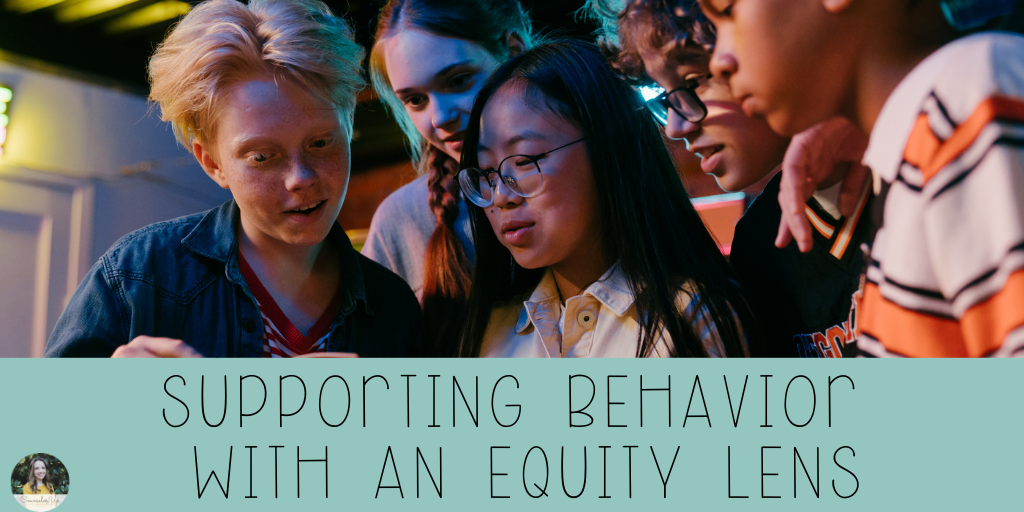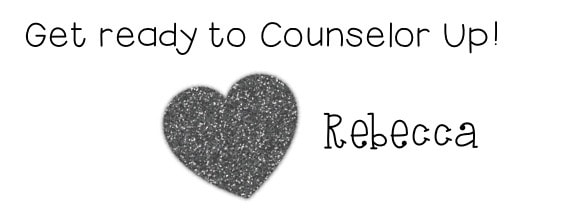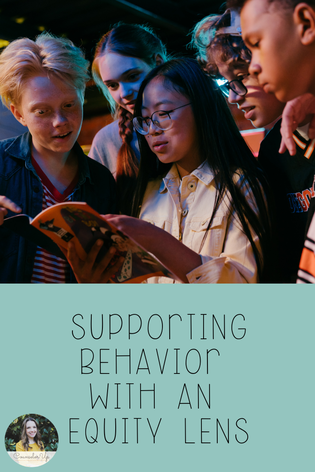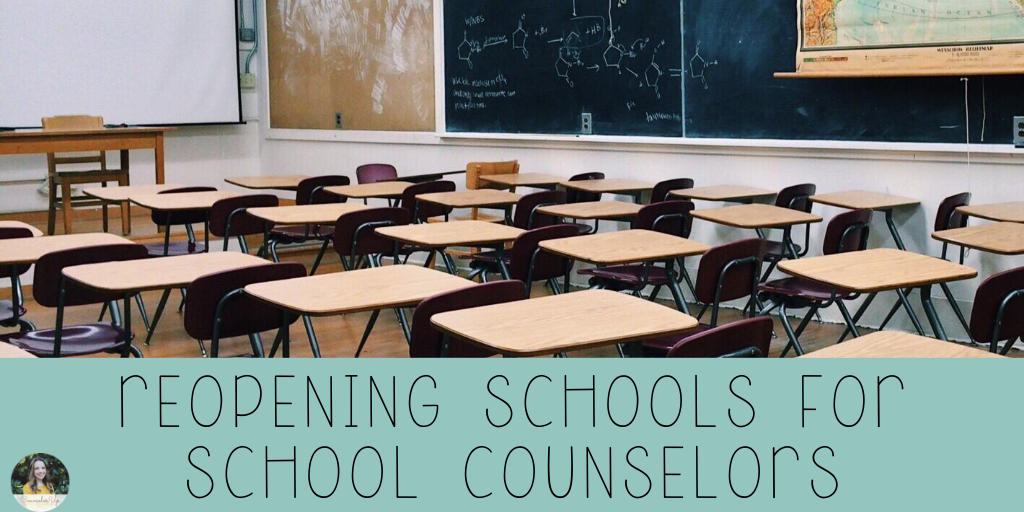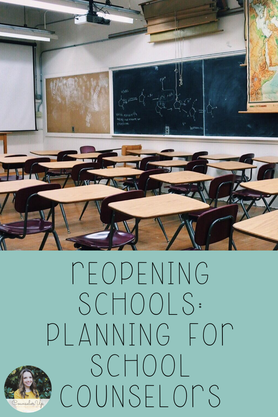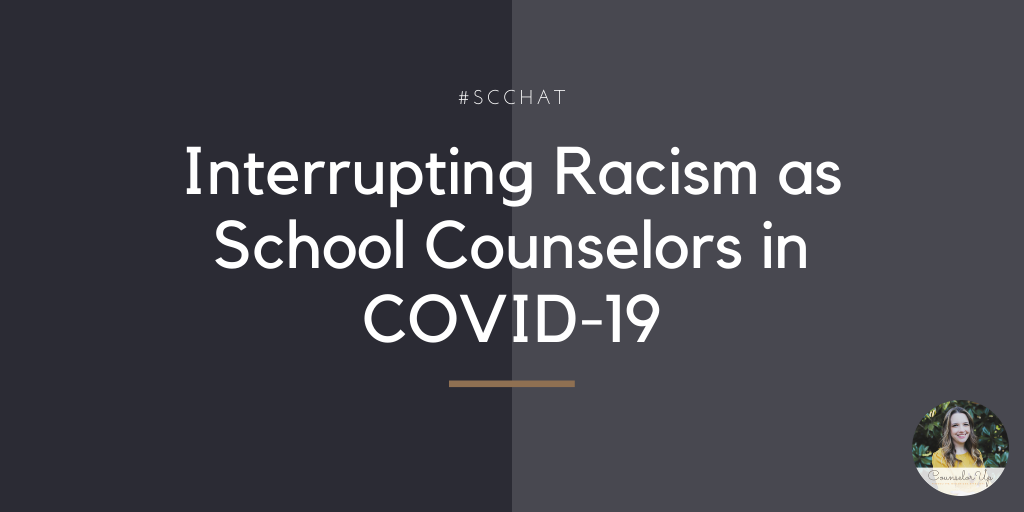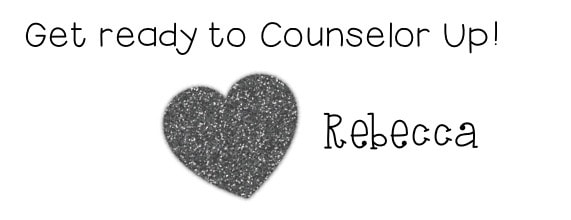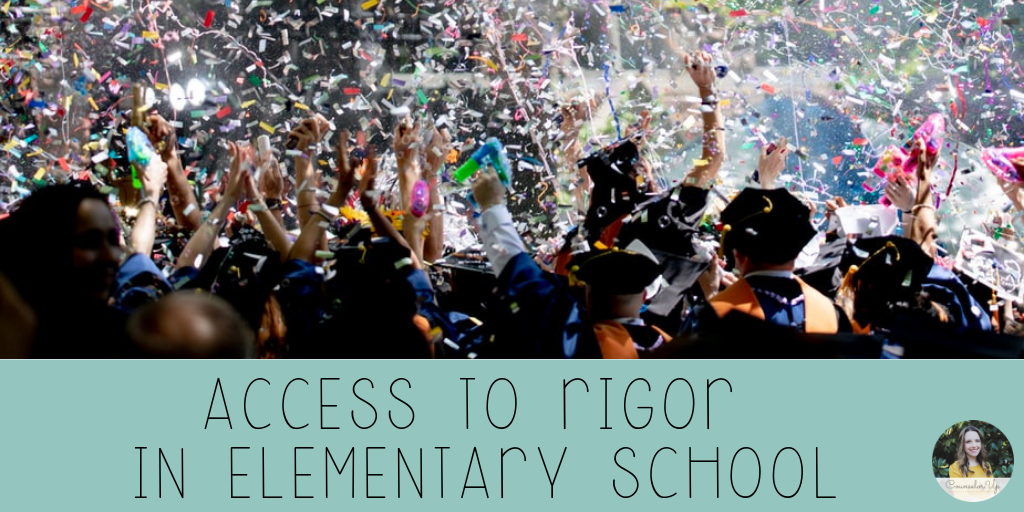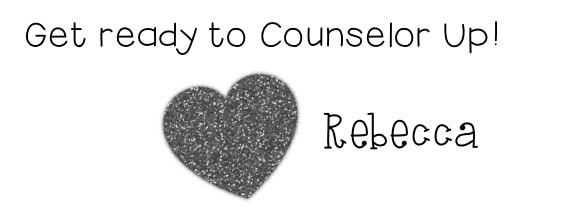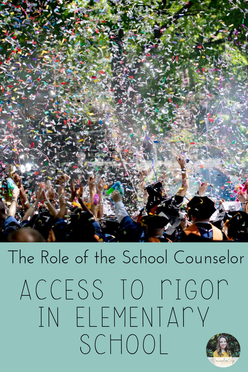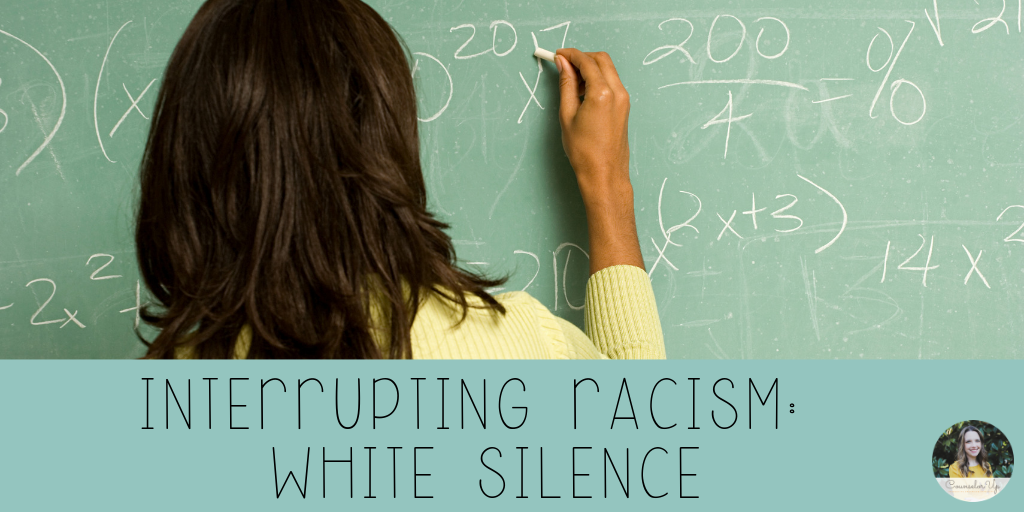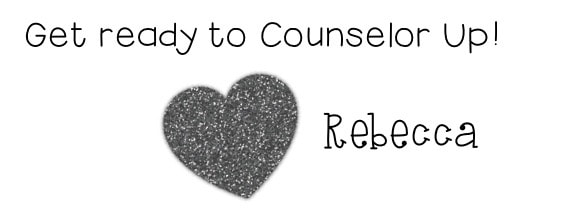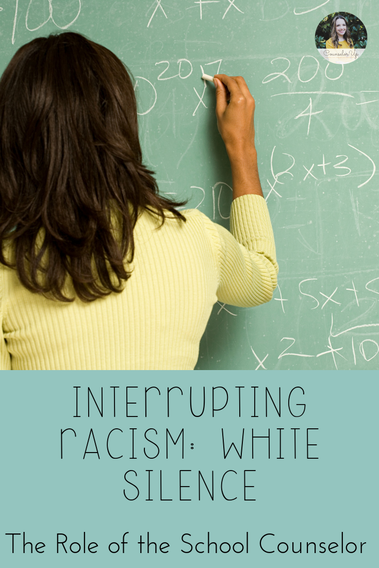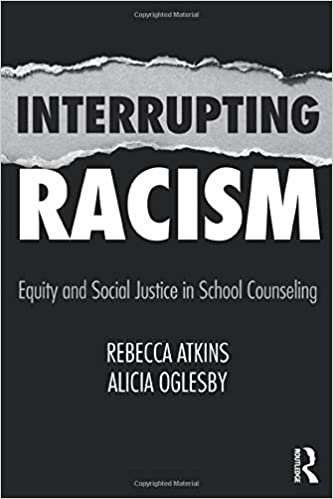What is a Behavior Expectation?
- Rules or Expectations: These are decided upon by people of authority. They could be your written "school rules" but they can also be district policies, laws that govern the school, fire code, etc.
- Norms or Agreements: These are decided upon by the group as a whole. These could be group norms you set at the beginning of a small group or classroom agreements for how we will treat one another.
- Unspoken Rules or Social Norms: These are rules supported and reinforced by a group of people, usually implicitly. The group of people could be a friendship group, club, culture, school building, etc.
The Equity Lens
In our school, what values do we elevate in our norms, rules, and unwritten rules?
Proactive Support with Intention
Delivery of explicit instruction for expecations, routines, and procedures allows students and staff to be clear about what is expected. It's important to also include feedback from a diverse representation of students (and their families) on behavior expectations and their implementation. I once had the honor of speaking with a few high school girls who talked about how dress codes were unfairly enforced at their school. They told me that a skinnier, white girl was rarely dress-coded for the same torn jeans that worn by students of color who had been dress-coded.
Responding to Negative Behavior
Zaretta Hammond, author of Culturally Responsive Teaching and the Brain, uses a Mindful Reflection Protocol to help educators in "a process of deep reflection that interrupts historically deficit views and response to students from culturally and linguistically diverse backgrounds." Read more in the full protocol but the steps include:
- Describe the behavior or interaction
- Reflect on (your own) feelings
- Explain your interpretation of the student's behavior
- Consider alternative explanations (check assumptions)
- Identify one small change to reframe and respond differently
- Continuously revisit

